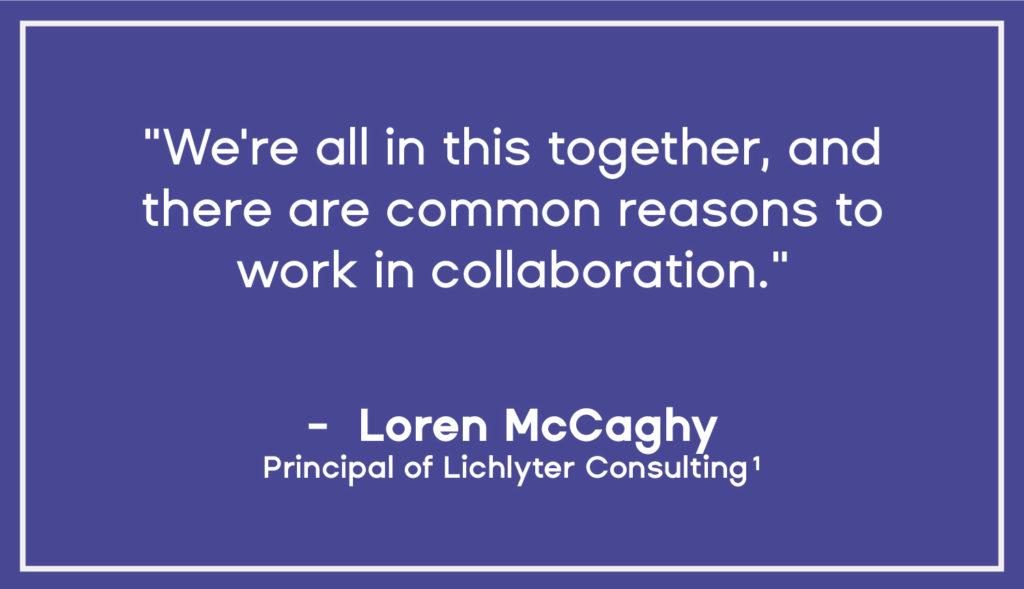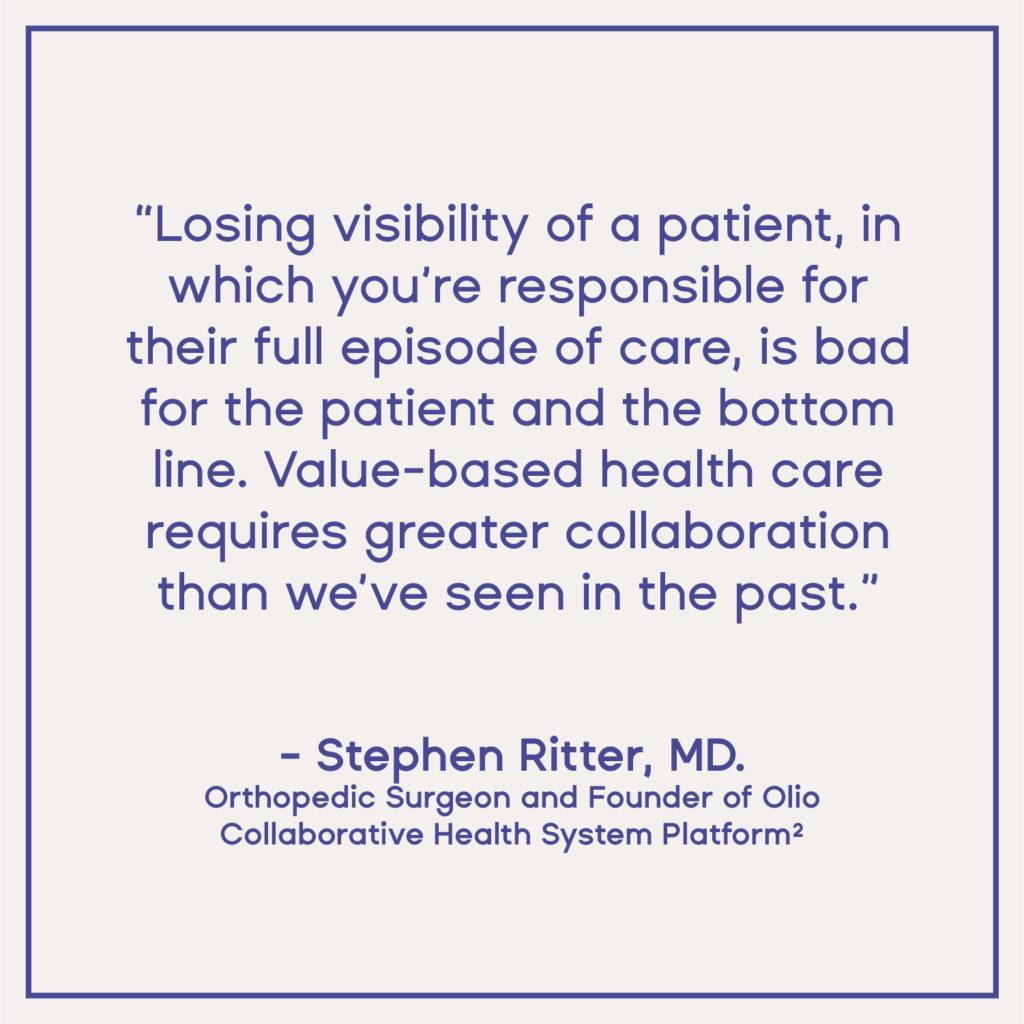While the pandemic has affected a number of industries, its impact on the healthcare sector is particularly pervasive. Elective procedures and visits were put on hold, and resources were diverted to more emergent care. In the process, estimated healthcare system losses for the year totaled $323 billion. Unfortunately, our current healthcare system still operates on a predominantly fee-for-service basis. Therefore, not only did the pandemic shift care toward more expensive emergency services. It also highlighted the high costs and poor use of resources associated with a fee-for-service system. Had a value-based healthcare system been in place, we could have better managed many of the problems associated with the COVID crisis.
There are a number of elements of value-based care that need to be recognized. New models create incentives that encourage providers to focus on quality over quantity of healthcare services. Likewise, patient satisfaction and preventative care are central features as well. But one of the most important elements of value-based care is that of collaboration. If providers wish to improve US healthcare for patients, they must improve care coordination. For Direct Contracting and other shared savings models to work, this will be essential.
Barriers to Collaborative Care
One of the biggest obstacles in pursuing valued-based care involves shifting from a fee-for-service model to a capitated one. Despite the fact that most providers participate in value-based care programs, three-quarters of revenues are still tied to fee-for-service systems. These types of systems do not encourage collaboration. Instead of sharing information and working together, fee-for-service models are agnostic to whether providers work in isolation. As a result, collaboration, one of the key elements of value-based care, is neglected.
This is not to say that collaborative care has been non-existent in the past. Rehabilitative models have embraced coordinated care as one of the central elements of value-based care. Physiatrists, therapists, and physicians work together in these models to optimize patient outcomes. Yet collaboration between providers in different care settings has been limited in the past. In order to overcome value-based healthcare challenges, this must change.
The Benefits of Collaborative Care
In order to overcome these value-based healthcare challenges, it helps to appreciate the benefits of collaborative care. Collaboration from the beginning requires investments in relationships. Showing respect for others’ expertise and experience, providing support, and defining common goals help in this regard. When this occurs, trust grows among stakeholders, leading to better coordination of care. This then results in several opportunities for improvement throughout the healthcare process. This is why collaboration is recognized as one of the key elements of value-based care.
Collaboration facilitates greater access to information. This then leads to better decision making, since payers and providers have a more comprehensive picture of the situation. Information-sharing also reduces duplication of services or unnecessary care, which improves cost-effectiveness. Lastly, collaboration invites better planning and prevention measures, which address other value-based healthcare challenges. Ultimately, this leads to better use of healthcare resources, which is also one of the essential elements of value-based care.
Steps Toward Collaborative Care
Overcoming value-based healthcare challenges means investing in collaborative care strategies. This pertains to both providers as well as payers within healthcare. One of the first steps stakeholders should take involves defining a shared mission and shared goals. Under directing contracting, this can be readily defined by acknowledging key benchmarks that must be met. It’s also important that all stakeholders have a degree of equity in risk-taking. Collaborative arrangements that share risk equally among all participants are more likely to excel: if everyone has exposure to outcomes, all parties will be motivated to overcome obstacles together. In other words, shared risk leads to common goals. This is not only an important element of value-based care but also a key for strong collaboration.
Collaboration can also be improved by addressing the interoperability of electronic health record systems. When interoperability is poor or cumbersome, information-sharing is more difficult and laborious. Thus, investments to achieve better interoperability also represent one of the important elements of value-based care and collaboration. This can also improve transparency and effective communication among healthcare stakeholders in the process.
Collaboration Requires Broad Considerations
Experts have estimated that the current healthcare system wastes $600 billion annually in spending. This highlights the challenges the healthcare system will face while continuing its transition to a more efficient, value-based paradigm. But by investing in greater collaboration among healthcare stakeholders, major improvements can be made. Costs can be reduced, patient outcomes can be improved, and resources can be better utilized. This is why collaboration is among one of the most important elements of value-based care.
However, these pursuits are not limited to clinical situations alone: they also involve administrative and financial information-sharing and coordination. Only by investing in this type of broad collaboration can value-based healthcare be realized. This is why both providers and payers alike must reaffirm their commitment to – and double down on their investment in – collaborative care.
1 Healthcare Finance Staff. (2021). 9 steps to build an effective payer-provider collaboration. Website. Retrieved from https://www.healthcarefinancenews.com/news/9-steps-build-effective-payer-provider-collaboration
[2] Ritter, S. (2019). BLOG: Value-based care requires collaboration. Healio.com. Retrieved from https://www.healio.com/news/orthopedics/20200408/blog-valuebased-care-requires-collaboration
3 CareThrough Staff. (2018). The Importance of Collaboration in Value-Based Care. Website. Retrieved from https://www.carethrough.com/blog-post/the-importance-of-collaboration-in-value-based-care/





